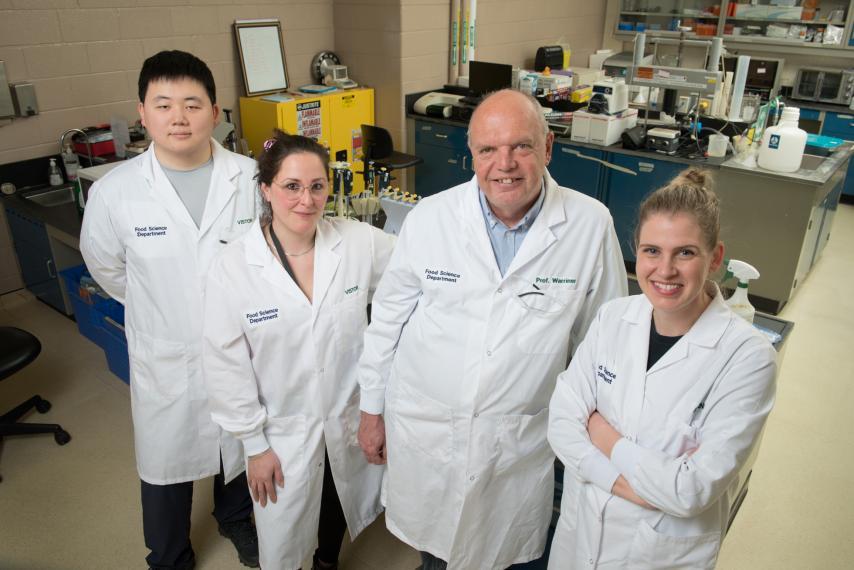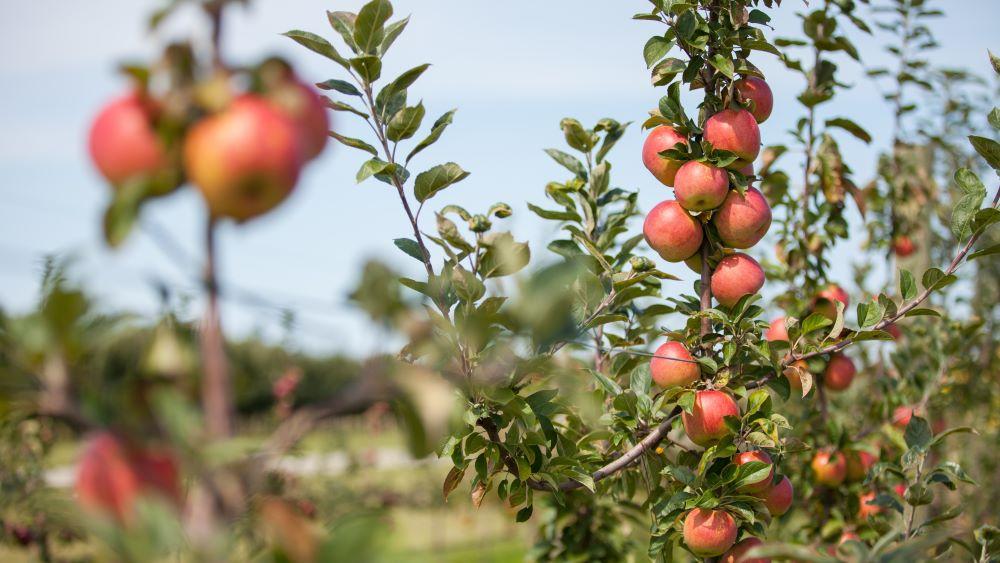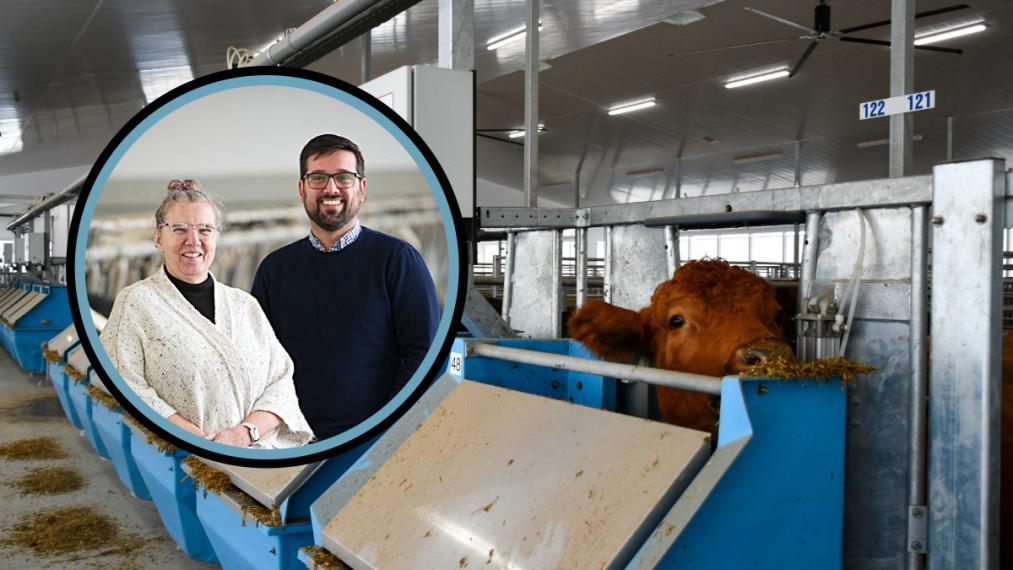
U of G Invention Kills Food Pathogens in Seconds – Without Water or Pesticides
More than a decade of funding from the Ontario Agri-Food Innovation Alliance has helped to fuel the success of this revolutionary technology, developed by Dr. Keith Warriner in the University of Guelph's Department of Food Science.
The gas-phase hydroxyl radical technology is a sustainable solution that kills 99.99 per cent of food pathogens, such as E. coli, Salmonella, and norovirus, in less than 30 seconds.

